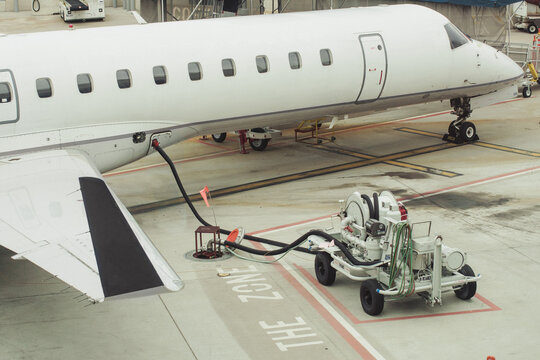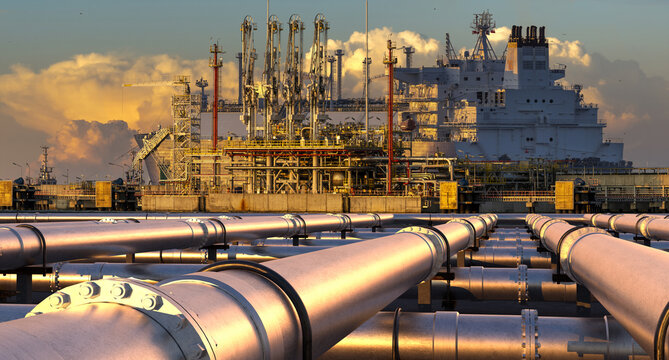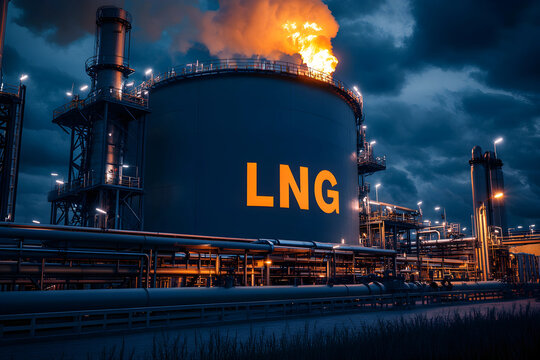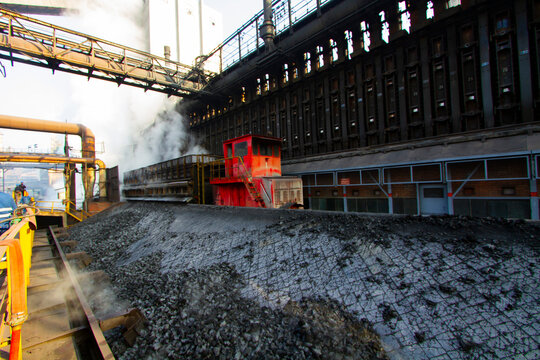
Jet Fuel (A1, JP54)
Jet fuel is a type of aviation fuel designed for use in aircraft powered by gas-turbine engines. It is highly refined, ensuring optimal combustion and efficiency.
Types:
- Jet A1: Commonly used in commercial aviation, known for its high flash point and freezing point (-47°C).
- JP54: A military-grade fuel similar to Jet A1 but with stricter quality standards.
Uses:
- Commercial airliners
- Military aircraft
- Private jets
Trade Considerations:
- Requires stringent certification for international transport
- Pricing fluctuates based on crude oil prices and geopolitical factors
Diesel (D2, EN590, ULSD)
Diesel fuel is a refined petroleum product used primarily in transportation and industrial applications.
Types:
- D2 Diesel: Standard gasoil used in diesel engines worldwide.
- EN590: European standard diesel with ultra-low sulfur content.
- ULSD (Ultra Low Sulfur Diesel): Used in environmentally friendly engines to reduce emissions.
Uses:
- Trucks, buses, and heavy-duty vehicles
- Industrial generators
- Agricultural machinery
Trade Considerations:
- Compliance with environmental regulations varies by region
- Logistical challenges in bulk shipping

Urea (46% Prilled & Granular)
Urea is a nitrogen-based fertilizer essential for crop growth and agricultural productivity.
Types:
- Prilled Urea: Small, round granules suitable for dry application.
- Granular Urea: Larger granules with slower dissolution, ideal for mechanical application.
Uses:
- Fertilizer in agriculture
- Raw material in chemical and resin industries
Trade Considerations:
- Highly in demand in the agricultural sector
Needs dry storage to prevent degradation
Liquefied Natural Gas (LNG)
LNG is a natural gas that has been cooled to liquid form (-162°C) for easy storage and transport. It is an efficient and cleaner alternative to traditional fossil fuels.
Uses:
- Power generation
- Heating and cooking in residential and industrial applications
- Fuel for LNG-powered vehicles
Trade Considerations:
- Requires specialized cryogenic storage and shipping facilities
- Long-term contracts are common in LNG trading
Liquefied Petroleum Gas (LPG)
LPG is a mixture of propane and butane, stored in pressurized tanks in liquid form. It is used as a clean-burning fuel.
Uses:
- Cooking gas for households and commercial kitchens
- Automotive fuel (autogas)
- Industrial applications, including metal cutting and heating
Trade Considerations:
- Transported in pressurized tanks or cylinders
Subject to local government regulations on storage and handling

Di-Ammonium Phosphate (DAP)
DAP is a widely used phosphate fertilizer that provides essential nutrients for plant growth.
Uses:
- Agriculture as a soil nutrient
- Industrial applications, including fire retardants and brewing
Trade Considerations:
- Global demand driven by agricultural needs
- Requires storage away from moisture
Sulfur (Granular, Lump, Powdered)
Sulfur is a non-metallic element used in various industrial processes. It is primarily extracted from natural gas and petroleum refining.
Types:
- Granular Sulfur – Used in fertilizers and chemical industries.
- Lump Sulfur – Used in rubber and plastics.
- Powdered Sulfur – Used in pharmaceuticals and pesticides.
Uses:
- Production of sulfuric acid (a key industrial chemical)
- Manufacturing of fertilizers
- Rubber and plastic processing
Trade Considerations:
- Requires specialized storage to prevent oxidation
Volatility in pricing due to demand fluctuations
Petroleum Coke (Pet Coke)
Petroleum coke is a carbon-rich solid residue derived from refining crude oil. It is used as a fuel and in industrial applications.
Types:
- Fuel-Grade Pet Coke: Used in power plants and cement kilns.
- Calcined Pet Coke: Used in aluminum production and steel manufacturing.
Uses:
- Energy source in cement and steel industries
- Manufacturing of electrodes for aluminum smelting
Trade Considerations:
- High sulfur content can limit usage due to environmental regulations
Requires specialized handling for transportation

Crude Oil (Bonny Light, WTI, Brent, etc.)
Crude oil is the raw form of petroleum extracted from the earth, refined into various fuel products.
Types:
- Bonny Light Crude: A high-quality, low-sulfur crude oil from Nigeria.
- WTI (West Texas Intermediate): Benchmark crude for U.S. oil pricing.
- Brent Crude: Benchmark crude for European and global markets.
Uses:
- Refining into gasoline, diesel, and jet fuel
- Production of petrochemicals and plastics
Trade Considerations:
- Price fluctuations based on OPEC decisions and geopolitical factors
- Transported via pipelines, tankers, and rail
Bitumen (Asphalt, Road Construction Grade)
Bitumen is a thick, black, viscous liquid used primarily in road construction and waterproofing applications.
Types:
- Paving Grade Bitumen: Used in road surfacing.
- Industrial Bitumen: Used in roofing and adhesives.
Uses:
- Road construction and repair
- Waterproofing in buildings and bridges
Trade Considerations:
- Requires heating for application
Seasonal demand variations in construction sectors
Gasoline (Petrol, Premium, Regular, Super)
Gasoline is a refined petroleum product used as fuel in internal combustion engines.
Types:
- Regular Gasoline: Standard grade fuel.
- Premium Gasoline: Higher octane fuel for high-performance engines.
- Super Gasoline: Enhanced performance fuel with added detergents.
Uses:
- Automobiles and motorcycles
- Small machinery like lawnmowers and generators
Trade Considerations:
- Heavily regulated for environmental impact
- Prices vary due to crude oil market changes

At Zhetysu Oil, we specialize in sourcing, negotiating, and closing oil and gas deals worldwide. Whether you’re looking for bulk purchases, long-term supply contracts, or secure transactions, we provide expert guidance every step of the way.
📞 Get in Touch Today! Let us help you secure the best oil and gas products for your business.